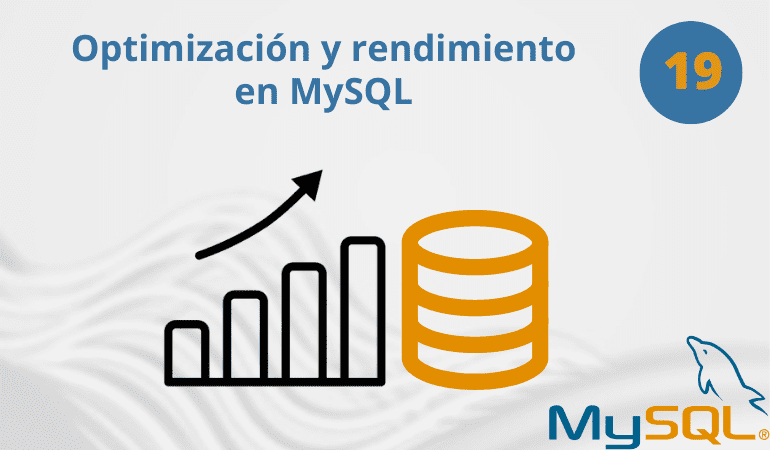Optimizing MySQL Performance
MySQL is a powerful relational database management system that is widely used in web development. However, as your database grows in size and complexity, you may start to experience performance issues. In this article, we will discuss some tips and best practices for optimizing MySQL performance.
1. Use Indexes
Indexes are essential for optimizing the performance of your MySQL queries. By creating indexes on the columns that are frequently used in the WHERE clause of your queries, you can significantly speed up the query execution time. Be mindful not to over-index, as this can lead to slower performance.
2. Optimize Your Queries
Make sure that your SQL queries are well-structured and optimized for performance. Avoid using SELECT * and instead only select the columns that you actually need. Use EXPLAIN to analyze your queries and identify any potential bottlenecks.
3. Configure Your Server Properly
Proper server configuration can greatly impact the performance of your MySQL database. Make sure that your server has enough resources, such as CPU and memory, to handle the load. Adjusting parameters such as innodb_buffer_pool_size and query_cache_size can also improve performance.
4. Monitor and Tune Performance Regularly
Monitoring the performance of your MySQL database on a regular basis is crucial for maintaining optimal performance. Use tools like MySQL Performance Schema and MySQL Enterprise Monitor to identify bottlenecks and optimize your database configuration.
5. Consider Partitioning Tables
Partitioning large tables can help improve query performance by dividing the data into smaller, more manageable chunks. This can make it easier to retrieve data more efficiently, especially for tables with millions of rows.
6. Use Stored Procedures and Functions
Stored procedures and functions can help improve performance by reducing network traffic and avoiding repetitive code. By moving complex logic to the database side, you can reduce the number of round-trips between the application and the database, leading to better performance.
7. Regularly Update MySQL Version
Keeping your MySQL database up to date with the latest version is essential for performance and security reasons. Each new version of MySQL comes with performance improvements, bug fixes, and security enhancements that can help optimize your database performance.
Conclusion
Optimizing the performance of your MySQL database is essential for maintaining a fast and efficient application. By following the tips and best practices outlined in this article, you can ensure that your MySQL database runs smoothly and efficiently, even as it grows in size and complexity.
